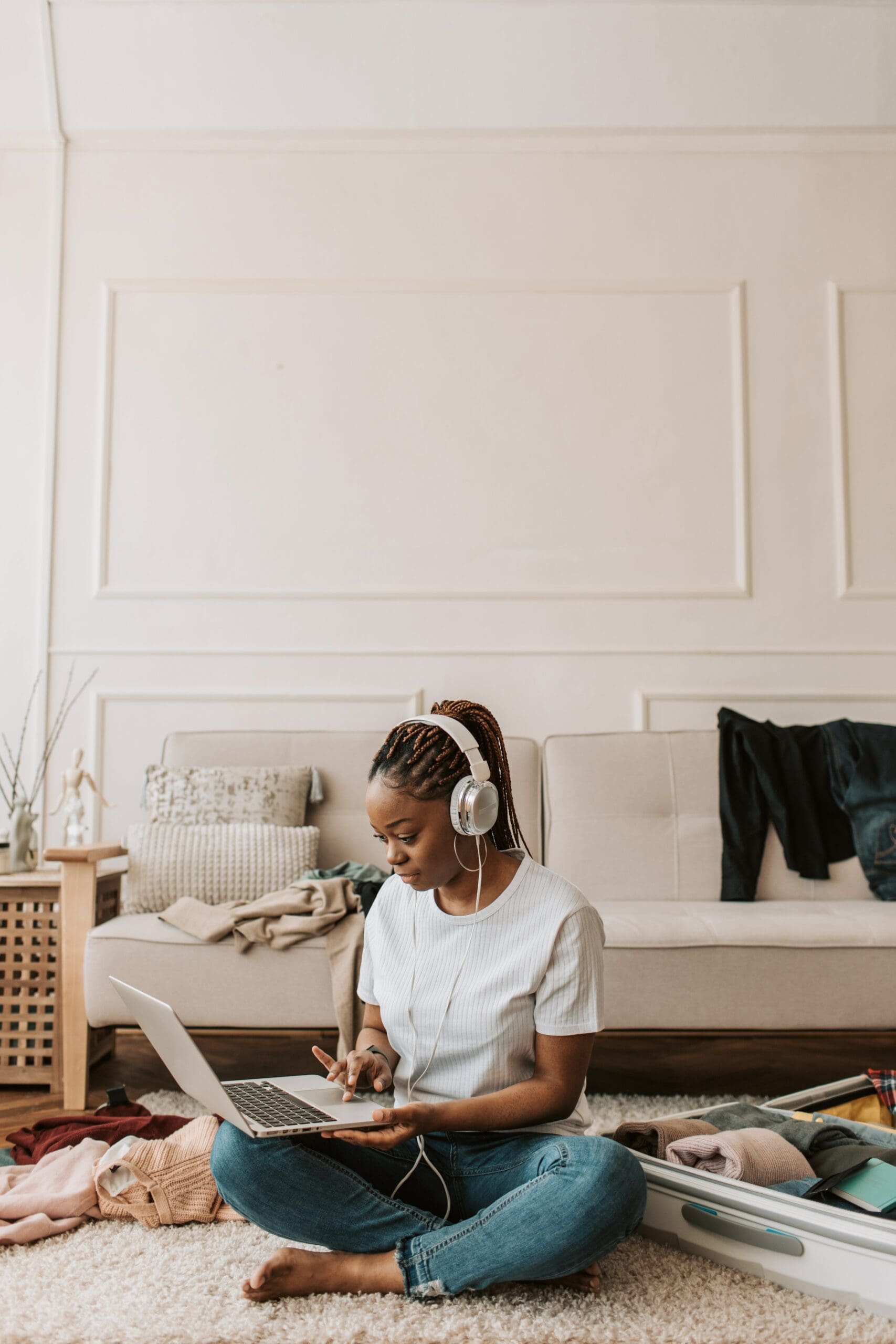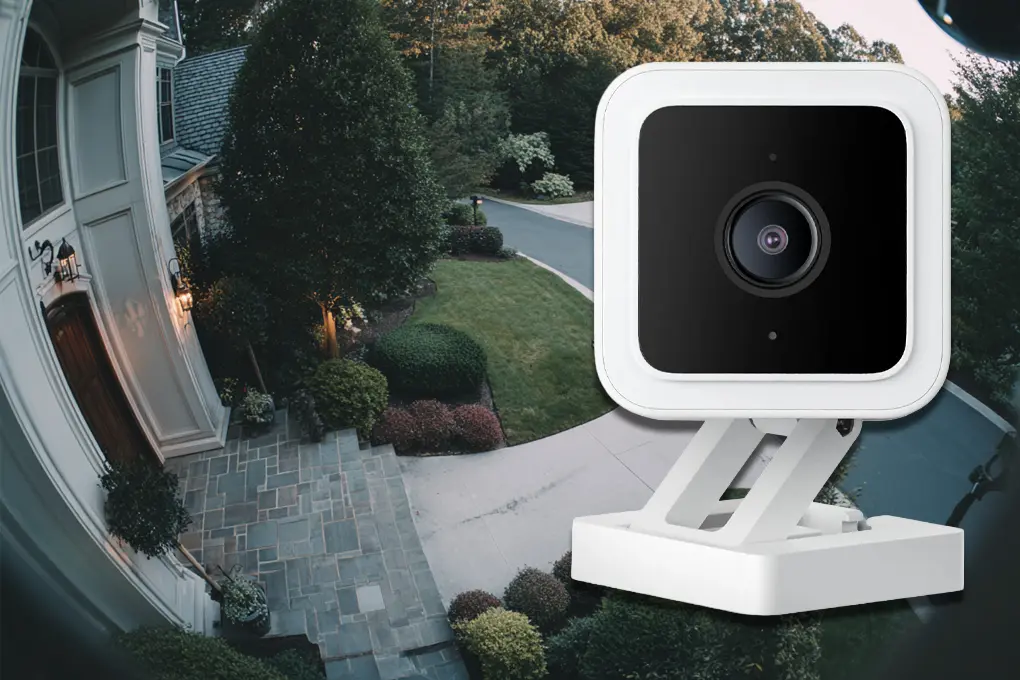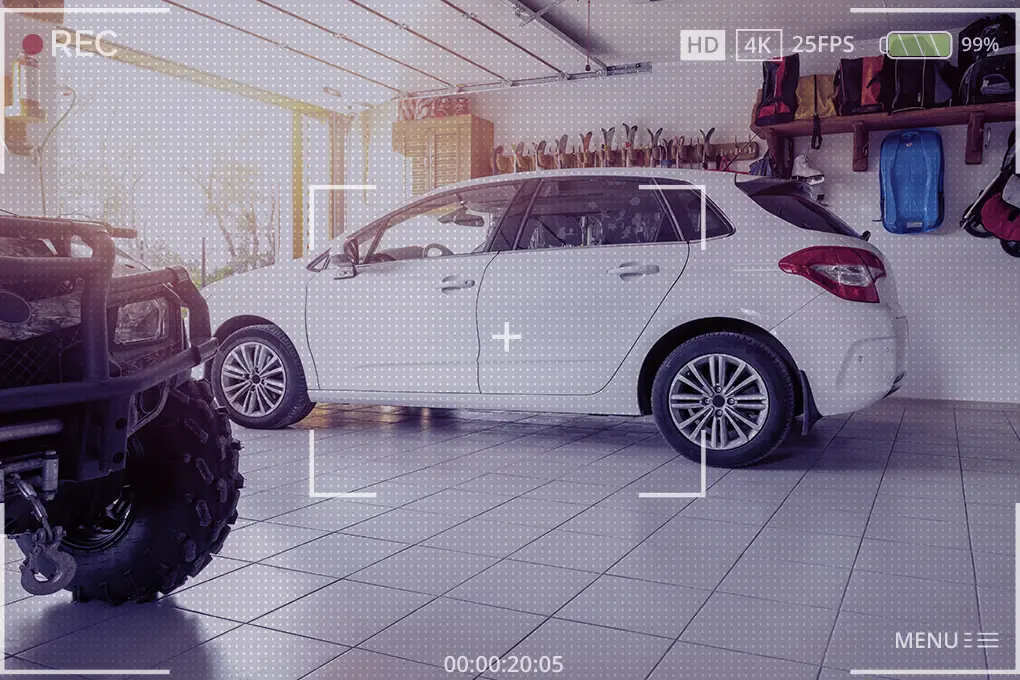I’ve made the mistake before—grabbing my bags, rushing out the door, and only remembering mid-flight that I forgot to set my security alarm. That’s the kind of stomach-dropping moment you don’t want when you’re supposed to be relaxing. If you’re anything like me, preparing your home before a trip isn’t just about locking the doors—it’s about ensuring peace of mind so you can actually enjoy your vacation.
In 2025, home break-ins are still a major concern, with a burglary occurring every 30 seconds in the U.S. But theft isn’t the only risk when you’re away—flooded basements from burst pipes, electrical fires from forgotten appliances, and energy bills racking up unnecessarily can all make coming home a nightmare.
Over the years, I’ve refined a pre-vacation checklist that covers everything from making your home look occupied to preventing costly disasters. Whether you’re heading off for a weekend getaway or an extended trip, these tried-and-true steps will keep your home secure, efficient, and exactly as you left it when you return.
Table of Contents
Key Takeaways
- Homes without security systems are 300% more likely to be targeted, so invest in a reliable setup.
- Make your home look occupied with smart lights, parked cars, and a paused mail delivery.
- Secure all doors and windows, including side and basement entries, before leaving.
- Unplug non-essential appliances to prevent electrical fires and cut unnecessary energy costs.
- Set your thermostat for energy efficiency, keeping your home safe without running up the bill.
- Store valuables in a safe or offsite to minimize loss in the event of a break-in.
Security and Safety Tips
Burglars are always looking for easy targets, and homes that appear unoccupied are at the top of their list. According to SafeHome, 60% of burglars will skip a home if they see signs of activity. The key is to make your home look occupied while reinforcing security measures to keep unwanted visitors out.
- ✅ Lock All Doors and Windows – Walk through your home and double-check that every door and window is locked, including less obvious ones like basement windows, sliding patio doors, and attic entry points.
- ✅ Reinforce Doors and Entry Points – If you haven’t already, install deadbolts on exterior doors and reinforce sliding doors with a security bar or rod. Doorbell cameras and motion-activated floodlights can also act as deterrents.
- ✅ Activate Your Security System – Ensure your system is fully armed before leaving, and test it beforehand to ensure all sensors are working properly. If your system includes cameras, verify that they have a clear view of entry points.
- ✅ Set Up Timed Lighting – Invest in smart plugs or programmable timers for indoor and outdoor lights. Schedule them to turn on and off at different times each evening to mimic household activity.
- ✅ Turn Off Garage Door Openers – If your garage door can be accessed remotely, disconnect it from Wi-Fi or use a physical lock to prevent burglars from hacking the system.
- ✅ Store Spare Keys Securely – Burglars know to check under doormats and flowerpots. Give a spare key to a trusted friend or neighbor instead of leaving it outside.
- ✅ Inform Neighbors or Authorities – Let a trusted neighbor, friend, or local authorities know you’ll be away so they can monitor your property. Ask them to park in your driveway occasionally or take out your trash bins on collection day to create the illusion of activity.
- ✅ Pause Mail and Deliveries – Uncollected mail, newspapers, or packages are dead giveaways that a home is empty. Request a mail hold through the USPS or ask a neighbor to pick up your deliveries.
- ✅ Beware of Social Media Announcements – It’s tempting to share vacation updates in real time, but posting travel plans online can alert potential burglars that your home is unoccupied. Wait until you return to post vacation photos.
Home Maintenance and Preparation
Beyond security, home maintenance prevents costly damages while you’re away. A burst pipe, a power surge, or a pest infestation could turn your return into a nightmare.
- ✅ Prepare Plumbing and HVAC Systems
- In cold weather, shut off your water supply and drain pipes to prevent freezing and bursting.
- In warm weather, set your thermostat to around 85°F to prevent excessive cooling costs.
- ✅ Unplug Non-Essential Appliances
Appliances like TVs, microwaves, computers, and coffee makers continue drawing power even when turned off. Unplug them to prevent electrical fires and cut unnecessary energy costs. - ✅ Turn Off Water Heater or Set It to Vacation Mode
Most water heaters have a vacation mode that lowers energy consumption while preventing damage. If you’ll be away for weeks, consider turning it off entirely. - ✅ Secure Outdoor Items
Storms and strong winds can turn loose patio furniture, grills, and lawn decorations into projectiles. Store them in a garage or secure them before leaving. - ✅ Check Your Sump Pump
If your home has a basement, test your sump pump to ensure it’s working. A power outage or malfunctioning pump could lead to flooding while you’re gone. - ✅ Take Out the Trash
Nothing is worse than returning to the smell of rotting food. Take out the garbage before you leave, and clean out the fridge of anything that could spoil. - ✅ Close Curtains or Blinds
Leaving curtains wide open can show burglars that no one is home. Partially close them to maintain privacy without making it obvious that the house is empty.
Energy Efficiency and Cost Savings
A little planning can help cut energy costs while keeping your home safe.
- ✅ Adjust Thermostat Settings –
- Set the thermostat to 55°F in the winter to prevent pipes from freezing.
- Set it to 85°F in the summer to avoid wasting energy on cooling an empty home.
- ✅ Use Smart Devices for Energy Monitoring –
Smart thermostats and plugs allow you to monitor and adjust your home’s energy use remotely, helping you catch issues early. - ✅ Close Fireplace Flues and Vents –
An open fireplace damper can let in drafts and increase heating costs when you return. Close it before leaving. - ✅ Turn Off Automatic Sprinklers If Freezing Weather Is Expected –
Outdoor sprinklers can freeze and cause pipes to burst if left on during winter. - ✅ Use Motion Sensors for Outdoor Lighting –
Instead of leaving lights on 24/7, install motion sensors to cut energy costs while still deterring intruders.
Cleaning and Organization
- ✅ Thoroughly Clean Your Home –
A clean house is less likely to attract pests and prevents unpleasant odors from developing while you’re gone. - ✅ Secure Valuables –
- Store important documents, jewelry, and electronics in a fireproof safe.
- For extra protection, consider a safety deposit box for high-value items.
- ✅ Check Smoke and Carbon Monoxide Detectors –
Make sure batteries are fresh in your smoke and CO detectors to prevent malfunctions while you’re away. - ✅ Check Your Insurance Coverage –
Contact your home insurance provider to confirm that your policy covers damage or theft while you’re away.
Notifications and Communication
- ✅ Alert Banks and Credit Card Companies –
Let your bank and credit card providers know you’ll be traveling to prevent fraudulent activity or transaction holds. - ✅ Set Emergency Contacts –
Leave a list of emergency contacts (including a trusted neighbor or property manager) with someone who can check on your home if needed. - ✅ Schedule a Home Security Check –
Some local police departments offer free security checks for vacant homes. Contact yours to see if they can drive by your home periodically while you’re away.
Conclusion: Coming Home to a Safe & Secure House
After years of traveling, I’ve learned that what you do before you leave determines how stress-free your return will be. There’s nothing worse than walking into a house that’s been broken into, finding spoiled food in the fridge because of a power outage, or coming home to a water-damaged floor from a hidden leak. Taking a few extra steps before heading out makes all the difference.
A well-secured home isn’t just about preventing theft—it’s about avoiding all the little headaches that can add up to a massive problem. Smart security systems, timers on lights, and asking a neighbor to keep an eye out are all simple measures that create layers of protection. And beyond security, unplugging non-essential appliances, adjusting the thermostat, and securing valuables are all habits that will save money and prevent major damage.
Every time I come back from a trip, I’m relieved that my house is exactly as I left it. With a solid plan in place, you can walk in the door relaxed, recharged, and ready to unpack—without any unwanted surprises.
Frequently Asked Questions
How Can I Make My Home Look Occupied While I’m Away?
I always set timers on my lights and have a trusted neighbor check in. Leaving a car in the driveway and scheduling lawn care also help deter potential burglars.
Should I Shut Off My Water Before a Trip?
Absolutely—especially for long trips. I’ve seen friends return to flooded basements because of a pipe leak. If you can’t shut off the main water line, at least turn off the valves to major appliances like washing machines and dishwashers.
What’s the Best Way to Protect Packages While I’m Gone?
I’ve had a package stolen while on vacation before, so now I always pause deliveries or use an Amazon Locker. If you’re expecting an important delivery, ask a neighbor to grab it for you.
Is a Security System Enough to Deter Burglars?
It’s a great start, but layering your security measures is key. Cameras, motion-activated lights, and reinforced locks make your home much harder to target.
How Can I Save on Energy While I’m Away?
I set my thermostat to 55°F in winter or 85°F in summer to prevent waste. I also unplug TVs, microwaves, and anything that draws standby power.
Should I Tell My Bank I’m Traveling?
Yes! I once had my credit card frozen mid-trip because my bank flagged my purchases. Letting them know ahead of time avoids headaches.
What’s the One Thing Most People Forget Before Leaving?
Garbage. I’ve come home to a rotting smell in the kitchen because I forgot to take the trash out. Now, it’s the last thing I check before heading out.



